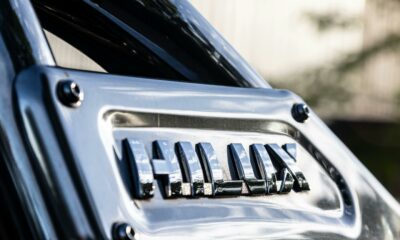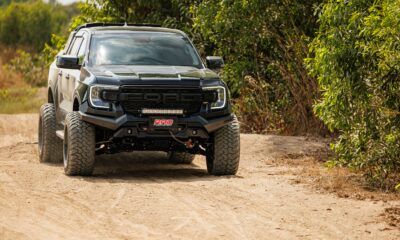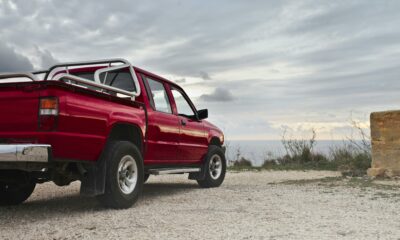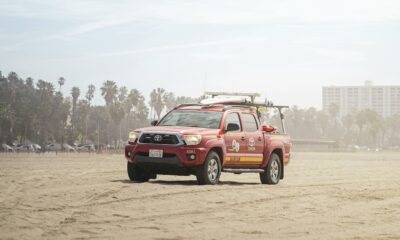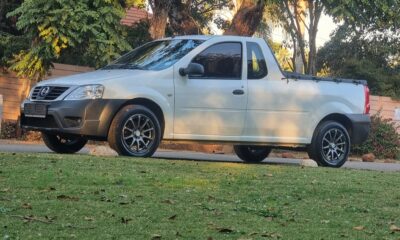Motoring
Petrol vs Diesel at R70k: Which Bakkie is Cheaper to Run in the Long Term?
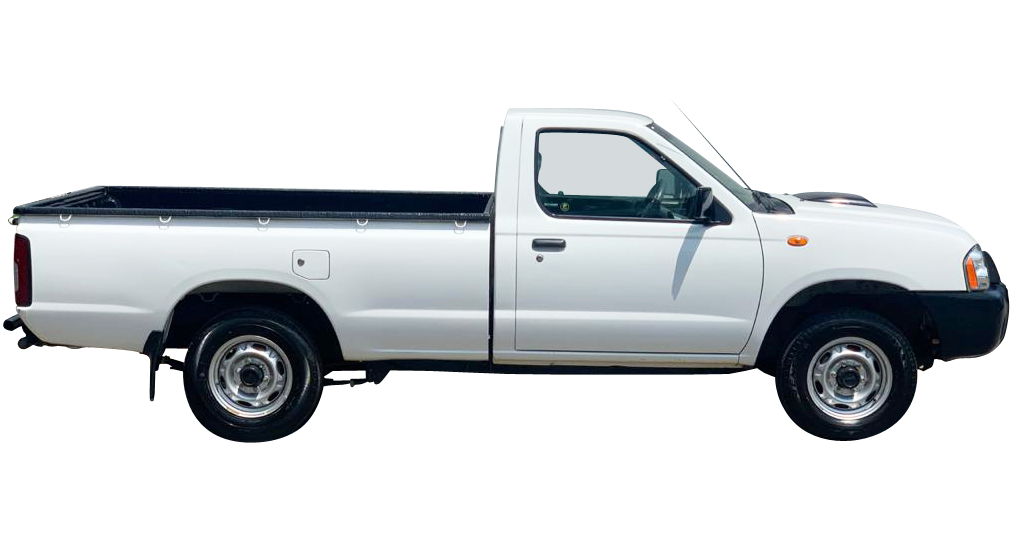
You’ve got R70,000 to spend on a used workhorse, and you’re faced with the classic South African dilemma: petrol or diesel? At this price point, you’re not just choosing an engine; you’re choosing a financial future filled with either predictable costs or potential budget bombs.
Having serviced both for decades, I can tell you the cheapest bakkie to buy isn’t always the cheapest to own. Let’s break down the real, long-term costs to see which fuel type will leave more money in your pocket.
The R70k Reality: What You’re Actually Shopping For
First, let’s set the scene. For R70,000, you’re likely looking at:
-
Petrol Options: Older Toyota Hilux (2.0/2.7), Nissan Hardbody (2.4), Ford Ranger (2.5), Isuzu KB (2.0). Generally simpler, higher mileage, but often better maintained.
-
Diesel Options: Isuzu KB 250, Nissan Hardbody 2.7 TDi, early Toyota Hilux D-4D (2.5). More complex, often worked harder, but with legendary fuel economy.
The diesel often has a higher asking price, but the petrol is cheaper to buy. The real question is: which one catches up and wins over time?
The Upfront Cost: The First Hurdle
This is where petrol takes an early, clear lead.
-
Petrol Bakkies: You’ll often find a better-condition, lower-mileage petrol model for R70,000. A diesel at the same price usually means higher mileage or more visible wear and tear.
-
Diesel Bakkies: You’re paying a premium for that “diesel” badge. To stay within budget, you’re often looking at an older model or one that needs immediate attention.
The Maintenance & Repair Nightmare: Where Budgets Die
This is where the entire game changes. A petrol engine at this price is simple: spark plugs, leads, coils. A diesel is a complex, high-pressure system.
Common Petrol Repairs (R70k bracket):
-
Tune-up (plugs, leads, filters): R2,500 – R4,000
-
Carburetor rebuild (on older models): R3,000 – R5,000
-
Water pump replacement: R2,500 – R4,500
Common Diesel Repairs (R70k bracket – the scary list):
-
Injector Replacement (single): R4,000 – R8,000
-
Injector Pump Failure: R12,000 – R25,000+
-
Turbocharger Replacement: R10,000 – R20,000
-
Dual-Mass Flywheel Failure: R8,000 – R15,000
The Final Decision: Who Should Buy What?
Choose a PETROL Bakkie if:
-
You are on a very tight, predictable budget and cannot afford surprise repairs.
-
Your monthly mileage is low (under 1,500km).
-
You are a DIY enthusiast or have a trusted, affordable mechanic.
-
You prioritize mechanical simplicity and peace of mind over ultimate fuel economy.
Choose a DIESEL Bakkie if:
-
You drive high monthly distances (over 2,500km) where fuel savings are massive.
-
You have an emergency fund of R15,000-R20,000 set aside specifically for potential repairs.
-
You can verify a rock-solid service history with proof of clean diesel filter changes.
-
You absolutely need the low-end torque for heavy loads or towing.
The Bottom Line
For most buyers with R70,000 to spend, a petrol bakkie is the smarter, safer financial decision. The lower purchase price and dramatically lower risk of catastrophic repair bills provide peace of mind that the diesel’s fuel savings simply cannot guarantee at this budget.
The diesel’s fuel economy is seductive, but it’s a siren song. In the R70,000 bracket, you’re buying the oldest and most tired examples of complex diesel systems. One major failure, and you’ll wish you’d bought the thirsty, but simple, petrol model that always gets you home.
Click here for more Motoring News
Follow Carmag on Instagram and Facebook
Click here to browse Cheap Cars for sale in Kwazulu-Natal

